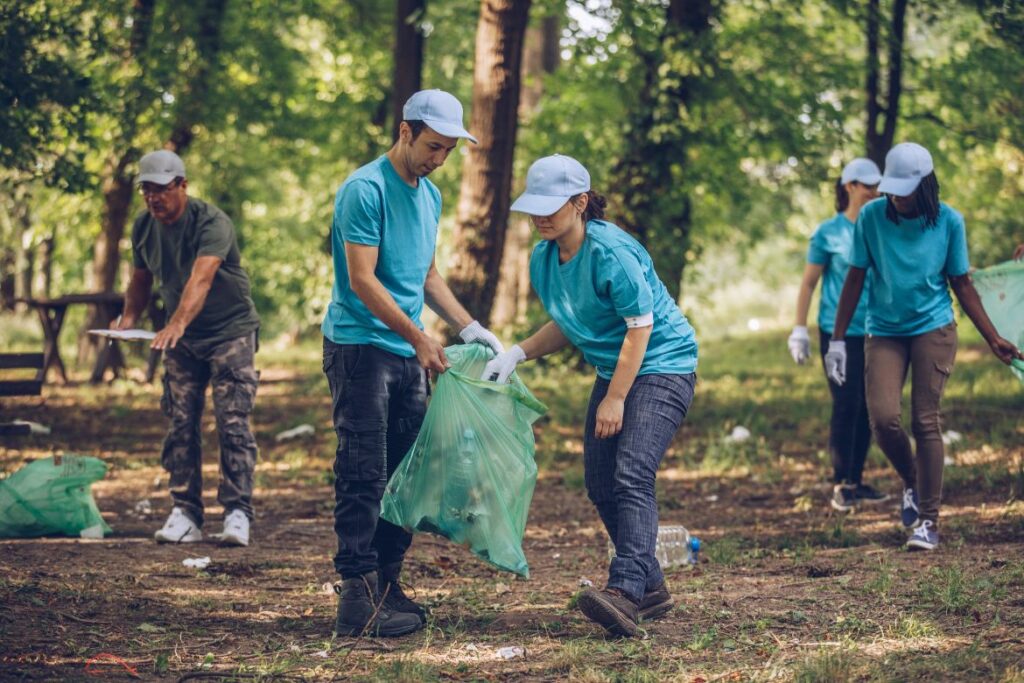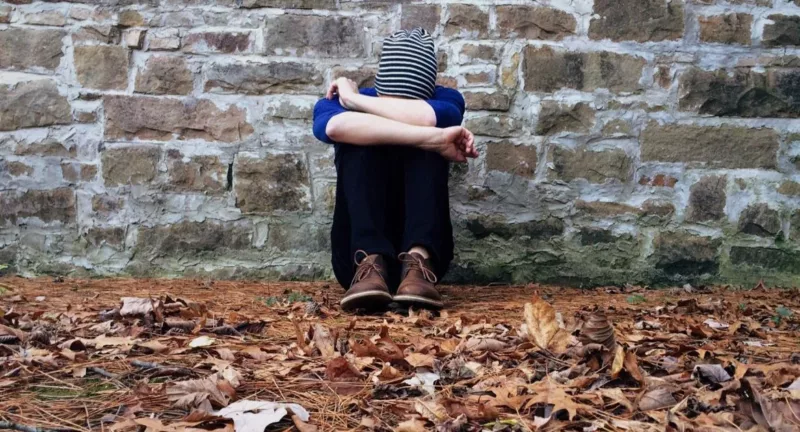Loneliness, typically defined as the discrepancy between a person’s desired and actual social relationships, affects more than half of U.S. adults (58%). Additionally, Americans with mental health issues are more than twice as likely to be lonely than those with strong mental health.
Lonely individuals approach social encounters with a hypervigilance for social threats; they preferentially attend to negative social information; they remember more of the negative aspects of social events; they hold more negative social expectations; and they are more likely to behave in ways that confirm their negative expectations.
Research suggests that loneliness is not a fixed trait and can be improved or worsened by social interactions. Therefore, opportunities for social connectedness have the potential to improve the quality of social interactions and keep loneliness at bay.
How do we create these opportunities for social connection? What can we do about heightened sensitivity to social threats? Here’s our therapist recommendations for how to deal with loneliness.










